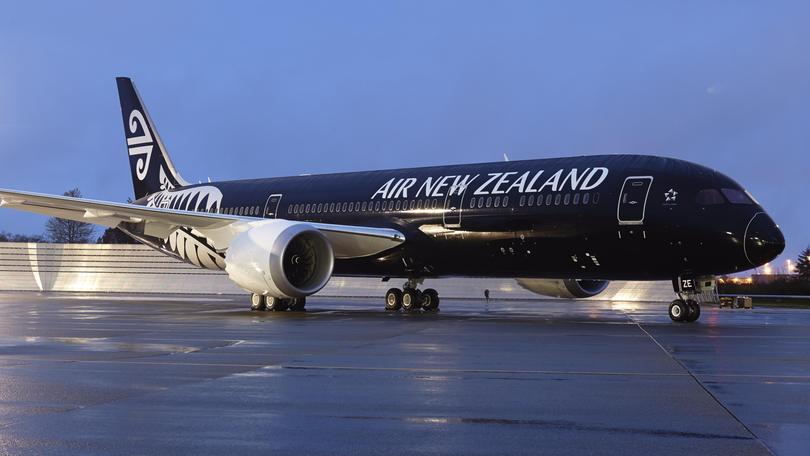Air New Zealand Aircrew to Overnight in Honolulu, Hawaii
As part of ongoing efforts to reduce the COVID-19 risk to aircrew, Air New Zealand will re-route its North America flights to allow aircrew to overnight in Honolulu rather than Los Angeles or San Francisco. From Monday…
